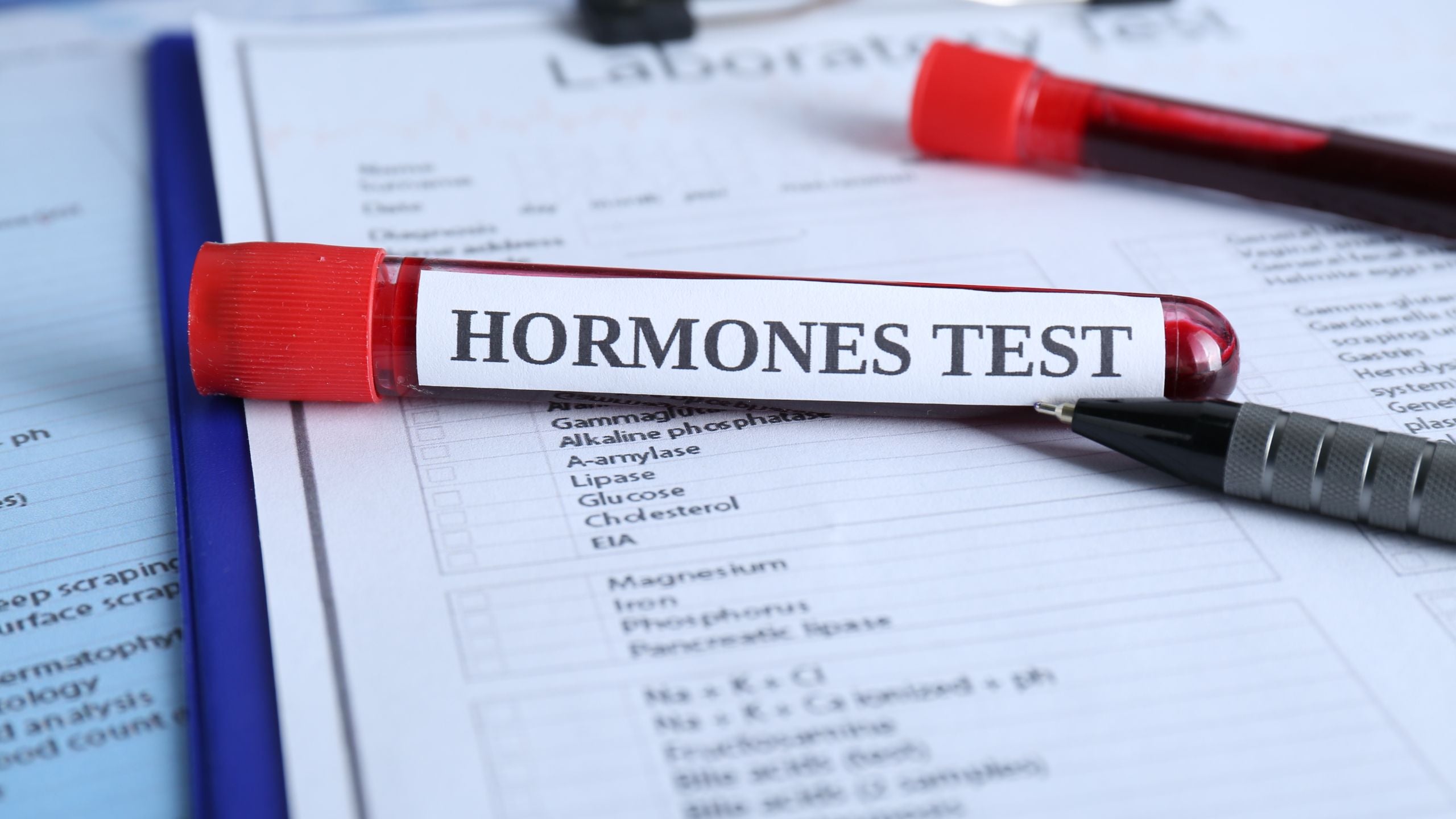Imagine if 10 years ago you had had regular blood tests (even as little a twice a year) and so, as you enter menopause you can see exactly what has changed.
Currently this isn't readily available on the NHS and this means we are all diagnosed and treated by a system that does not always allow for a more personalised approach. For many women this is absolutely fine and after a few months they find the right HRT or non-HRT solution. For others the journey is much harder and they can't seem to find balance in their menopause. If HRT is not available to them or they still feel unbalanced with HRT many women are left not knowing where to turn.

Regular hormonal blood testing for women can provide valuable insights into their hormonal levels and overall health. Here are seven benefits of undergoing hormonal blood testing during menopause:
1. Accurate assessment of hormone levels
Hormonal blood testing allows for the precise measurement of key hormones such as oestrogen, progesterone, testosterone, and follicle-stimulating hormone (FSH). This information helps you and your DR / healthcare specialist understand the hormonal imbalances that may be contributing to menopausal symptoms, guiding personalised treatment plans.
2. Tailored treatment options
With the data from hormonal blood tests, your GP & healthcare providers can create individualised treatment strategies. Women experiencing specific hormone deficiencies or imbalances can be advised of many options from hormone replacement therapy (HRT) at precise dosages, to non HRT strategies including acupuncture & mycology, nutrition or even a mixture of both.
3. Identifying underlying health issues
Hormonal blood testing can also uncover other health concerns that may arise during menopause, such as thyroid disorders or diabetes. Early detection of these conditions allows for prompt intervention and better management, reducing the risk of complications.
4. Monitoring treatment progress
For women already undergoing HRT or other menopause-related therapies, regular hormonal blood tests enable you to monitor the effectiveness of your treatment. Adjustments can be made as necessary to ensure the best possible outcomes. Currently the NHS does not offer regular tests to track how well your body is absorbing your HRT.
5. Improved quality of life
By gaining a comprehensive understanding of their hormonal status, women in menopause can experience improved symptom management, better emotional well-being, enhanced energy levels, and overall improved quality of life. Hormonal balance plays a crucial role in regulating various bodily functions, and achieving optimal levels can lead to better health and vitality during the menopausal transition.
6. Cardiovascular health
Hormone levels can influence cardiovascular health. Blood tests help identify any changes in lipid profiles and clotting factors, guiding appropriate management.
7. Thyroid function
Menopause can affect thyroid function and thyroid imbalances can come with similar symptoms to menopause so its important to monitor thyroid health. Blood tests help identify thyroid disorders, which can contribute to menopausal symptoms and influence HRT decisions.

Download our Hormone Tracker which you can use to track your symptoms over a month.Knowing more about our bodies, tracking any changes can help us navigate the menopause transition decades, yes decades, with a new confidence and understanding.

